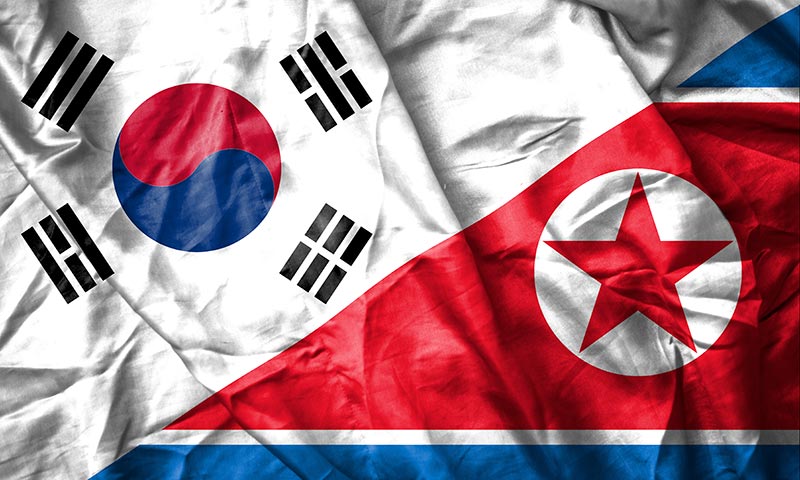
Sports historian Toby Rider will be watching this year’s Winter Olympics with renewed interest. As an expert in the history of sport during the Cold War era, he’s especially intrigued to see North and South Korea marching in under a united flag during the Feb. 9 opening ceremony. The two countries — apart since 1945 — also will have a joint women’s ice hockey team competing before the eyes of the world.
“It will have symbolic value but most people will be saying ‘let’s see what happens’ after the Olympics,” notes the assistant professor of kinesiology, whose particular sport research focuses on international relations, ideology, propaganda, diplomacy and the dynamic role of the Olympic movement.
The two countries of Korea were one of many conundrums the International Olympic Committee faced following World War II. There was also the two Germanys and the two Chinas. Although the two Chinas — the People’s Republic of China and the Republic of China, or Taiwan, were allowed to compete separately, East and West Germany competed together until 1968. North Korea did not enter the games as an independent nation until 1964.
“What is interesting about this year’s games is that the two sides voluntarily came together, despite the elevated tensions of recent times,” explains Rider. “And it will be the first time they have entered a joint team in an event at the Olympics since the countries divided.
The joint women’s hockey team may be the most interesting of all, according to Rider, who is co-director of the university’s Center for Sociocultural Sport and Olympic Research. “It will be fascinating to see how they will play on a field together when you consider that they haven’t had that much time to work together.”
Add to that the age of the players from both North and South. “Youth are most opposed to unification in South Korea,” he explains. “They have grown up in an age that is distant from the Korean War and don’t seem to have an appetite for reunification.
“It’s easy to say that ice hockey is a team sport and they’ll play together, but it’s unrealistic to not see issues in how they will respond and react to each other.
“Team sport is so dependent on team harmony, group dynamics, creative tension,” Rider adds. “All speculation aside, maybe they’ll prove that people from different sides can come together and get along.”
While some may see the temporary alliance as encouraging, there have been fractures already: North Korea canceled a joint pre-Olympic cultural event planned with South Korea, blaming South Korean news media coverage of the North’s participation.
“There is a powerful symbolic component to two fractured nations coming together and creating a joint team, but I think that may be all it is. It is not really seen as a definitive move toward peace between the two countries.
“While the Olympics offers a perfect stage to test this,” he says, “we have to be really careful what we read into this.”
Related stories:
Russia Banned From 2018 Winter Games